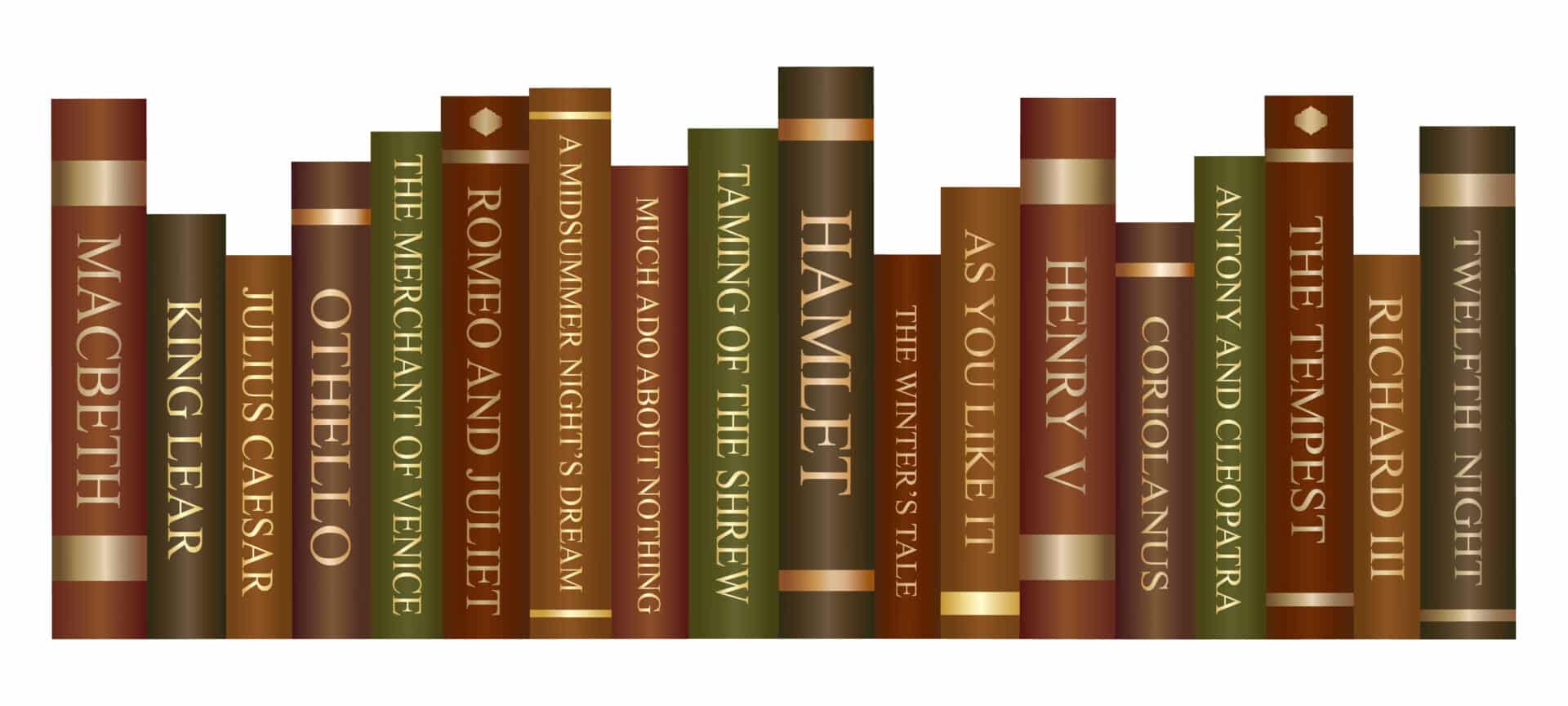23 April may just seem like another day, but for English teachers and language lovers around the world, it is an opportunity to stop and celebrate the history, culture and achievements of the English language.
The date marks the United Nations’ English Language Day, one of six official observations which started in 2010 to highlight the official languages of the UN. In addition to English, these include Arabic (18 December), Chinese (20 April, French(20 March), Russian (6 June), and Spanish (23 April).

Why do we celebrate English Language Day on 23 April?
The reason 23 April was chosen as the day to celebrate the English language, is quite simply because this is the day believed to be William Shakespeare’s birthday and the anniversary of his death.
Yes, we know that he lived a long time ago, but he had a serious impact on the English language.
Did you know:
- Shakespeare was the first person to write approximately 1,700 words in print. These words were in common usage but were never written down. If Shakespeare hadn’t used them in his plays it’s likely they would have been forgotten.
- He coined at least 422 English words. We still use most of these words today, like gloomy, frugal and suspicious.
- He is credited as creating a number of phrases, as well as individual words. You might be familiar with these phrases, such as a wild goose chase, vanish into thin air, and the naked truth.
- He was well-known for giving us incredibly descriptive insults:
I am sick when I do look on thee.
More of your conversation would infect my brain.
Thou art as fat as butter.
Read more: Why is English So Very English? A (Very) Brief History of English
English today
Today, more than 1.75 billion people speak English all over the world. It is the official language in 75 countries. It is not only spoken as a first or second language, but more and more it is used as a lingua franca for speakers of different languages to communicate with each other.
How to celebrate English Language Day
There are loads of different activities you can do to celebrate English Language Day in the classroom. Here are a few ideas:
- Have a quiz. Create questions around the English language. Examples of questions are:
Name three countries that speak English as a first language.
Name five Shakespeare plays.
How many different ways can you say “hello” in English?
- Watch a film based on one of Shakespeare’s plays, or another famous English novelist such as Charles Dickens, Jane Austen or Roald Dahl.
- Play a word game, like Scrabble or Hangman.
- Get your students to research fun facts about English and present them to the class.
- Host a book club. Students can bring an English book they are reading into class, describe it to the class and tell them if they’d recommend it. If they have finished reading their books, they can swap with each other.
- Make a list of words with silent letters like knock, lamb and raspberry.
- Explore the variations within the English language by finding one word unique to British, American, Canadian, South African and Australian English. Test your friends to see if they know what each word or phrase means and which country it comes from.
We hope you have a great English Language Day.

But why stop there?
If you love the English language, then you may want to develop and even celebrate this passion a little further by teaching it to others. Find out more about what teaching English as a Foreign Language involves here.
If you’re currently learning to teach English as a foreign language, check out our Learning Centre for up-to-date advice and inspiration.




